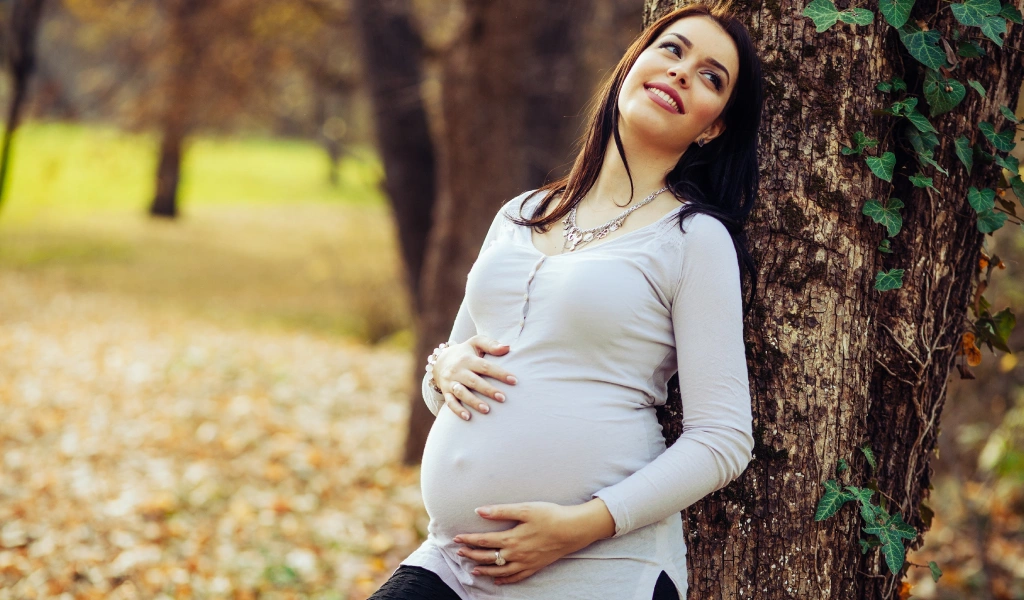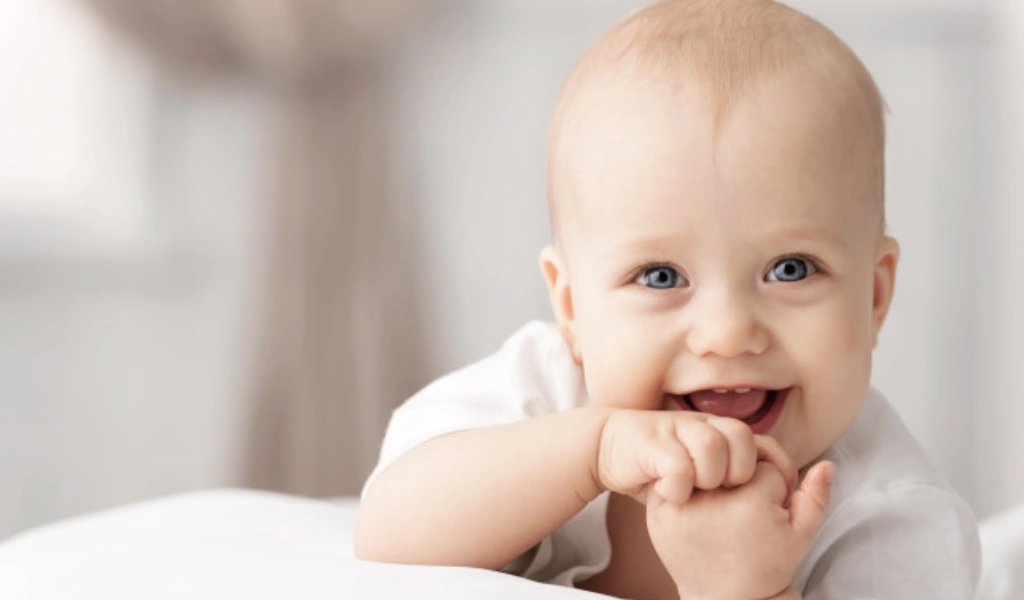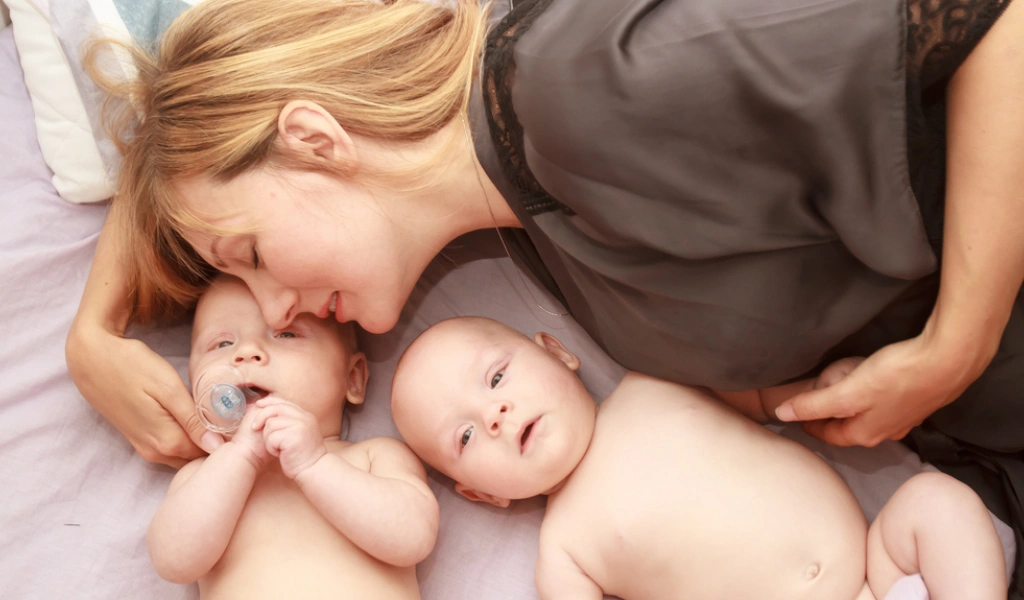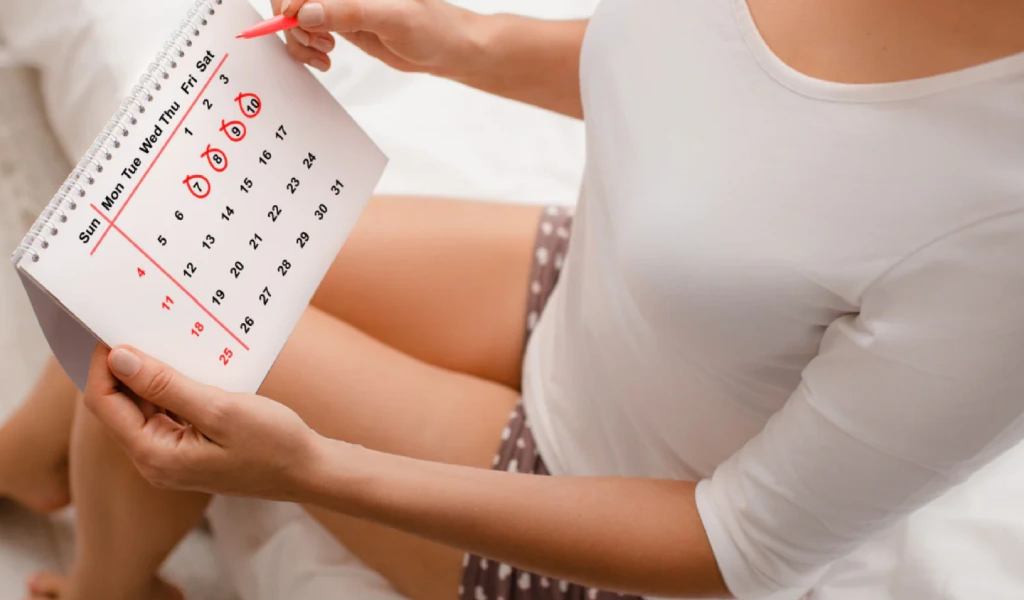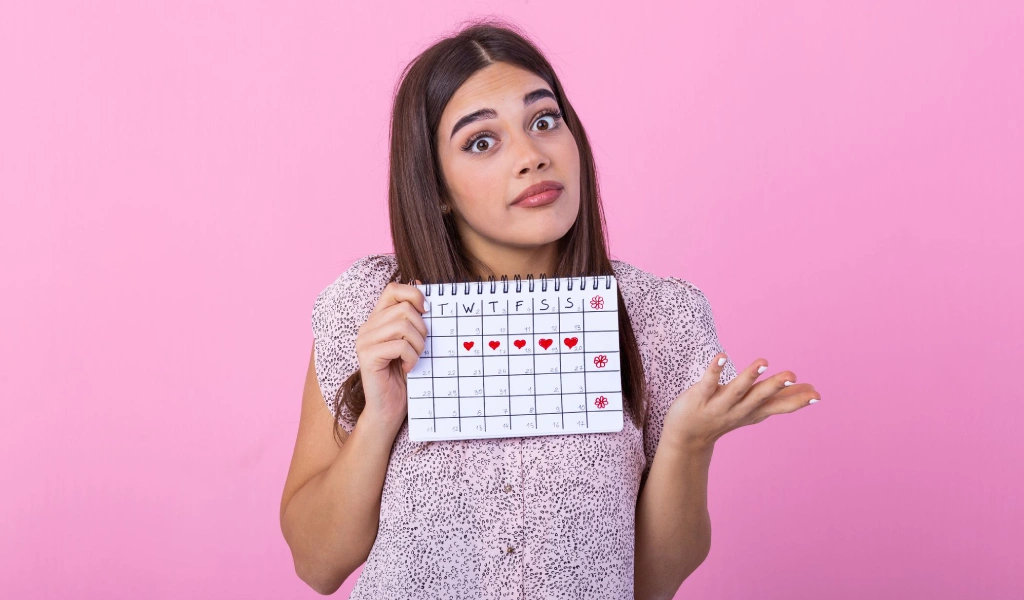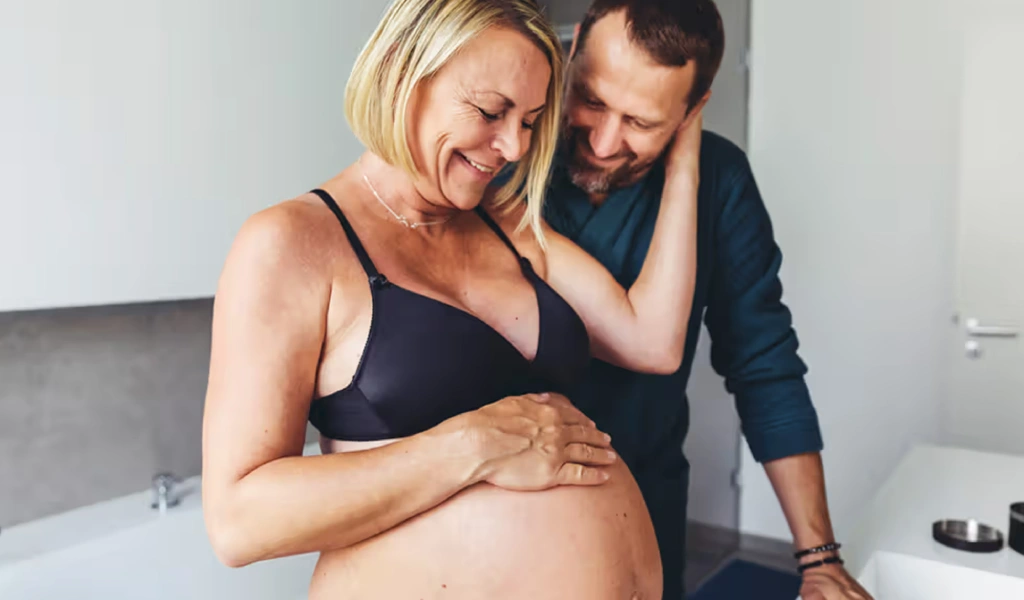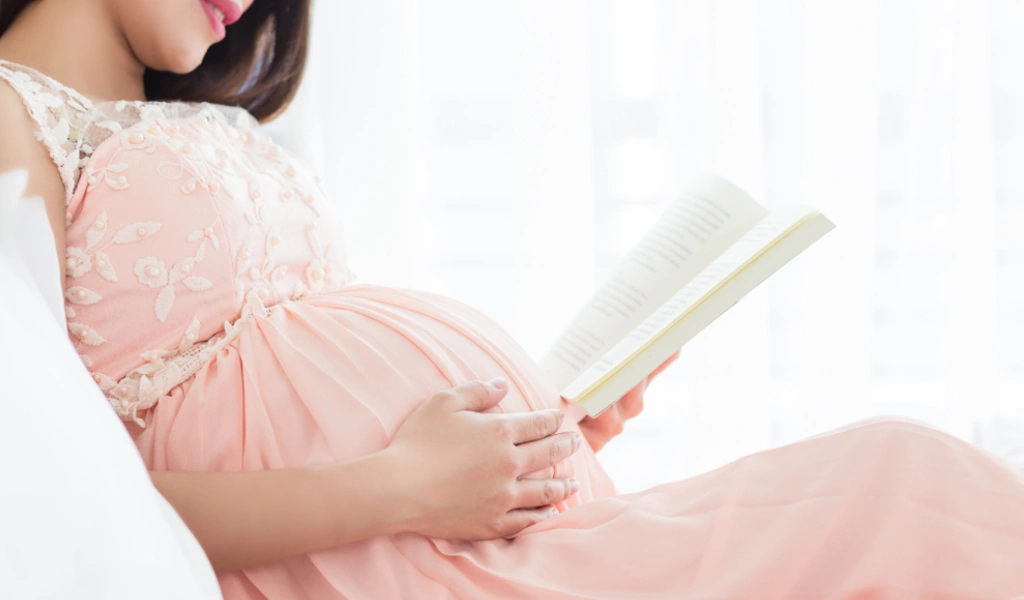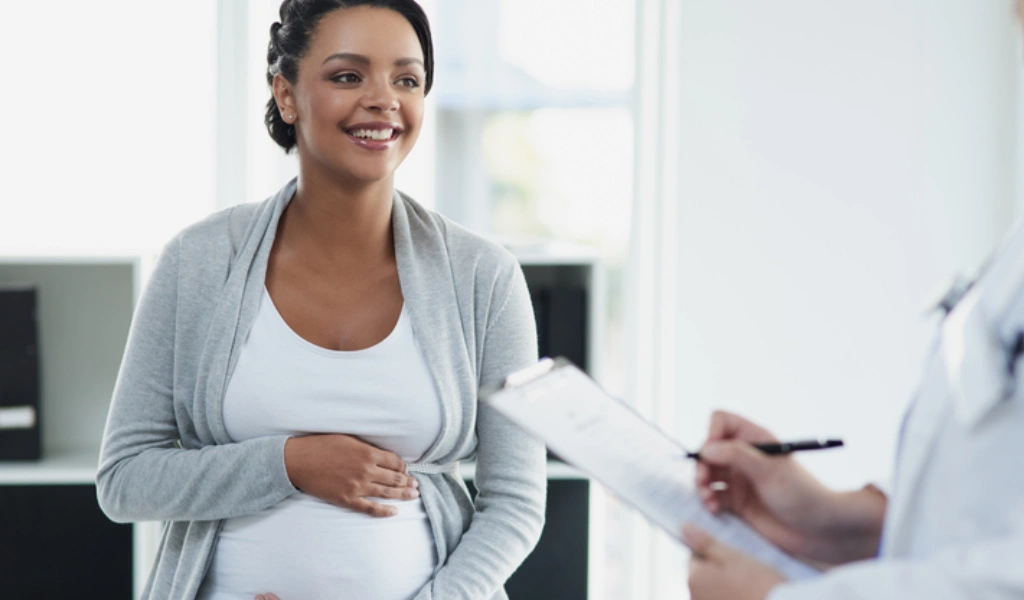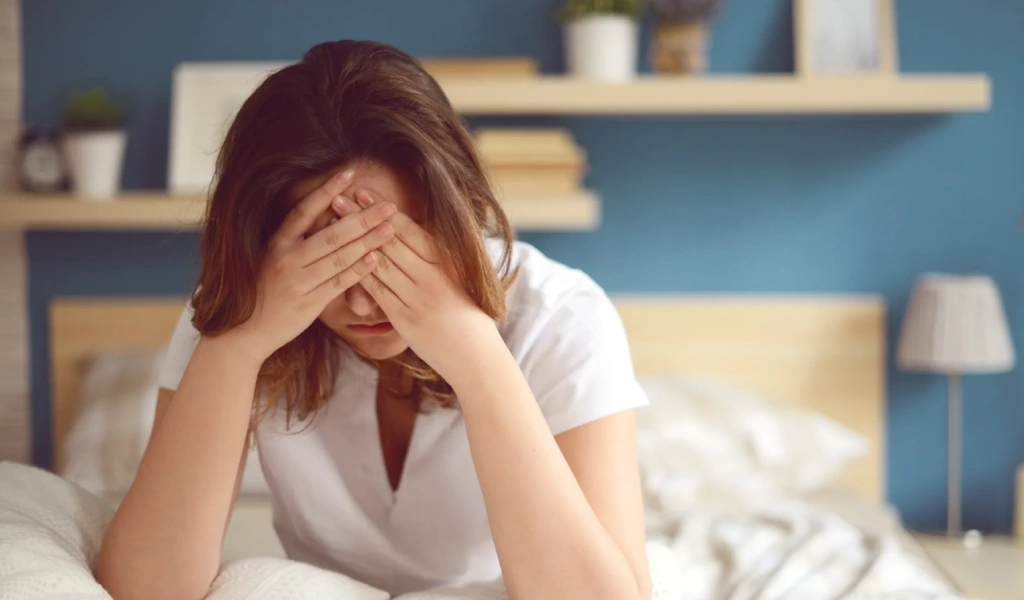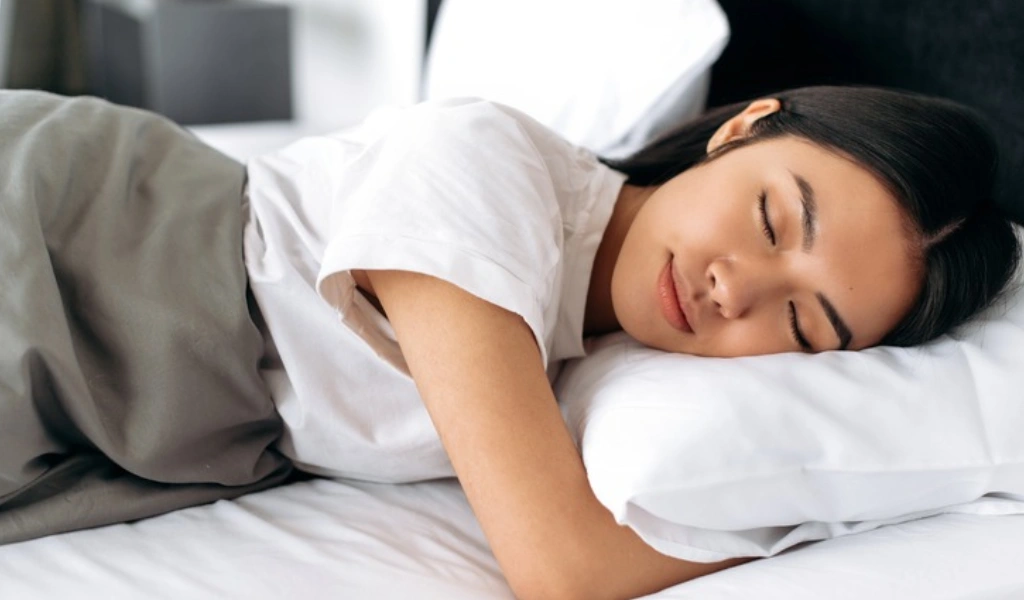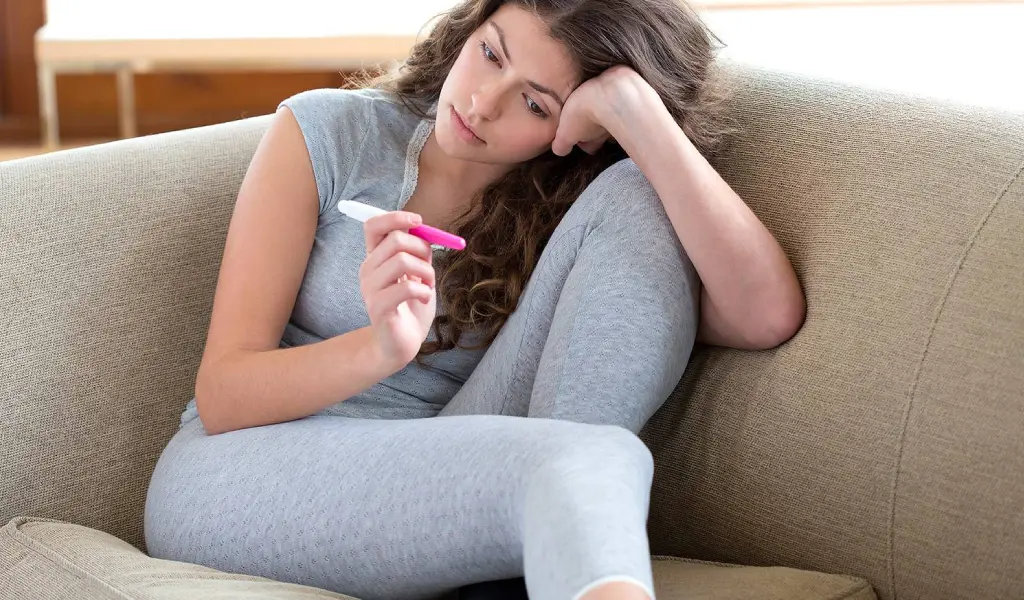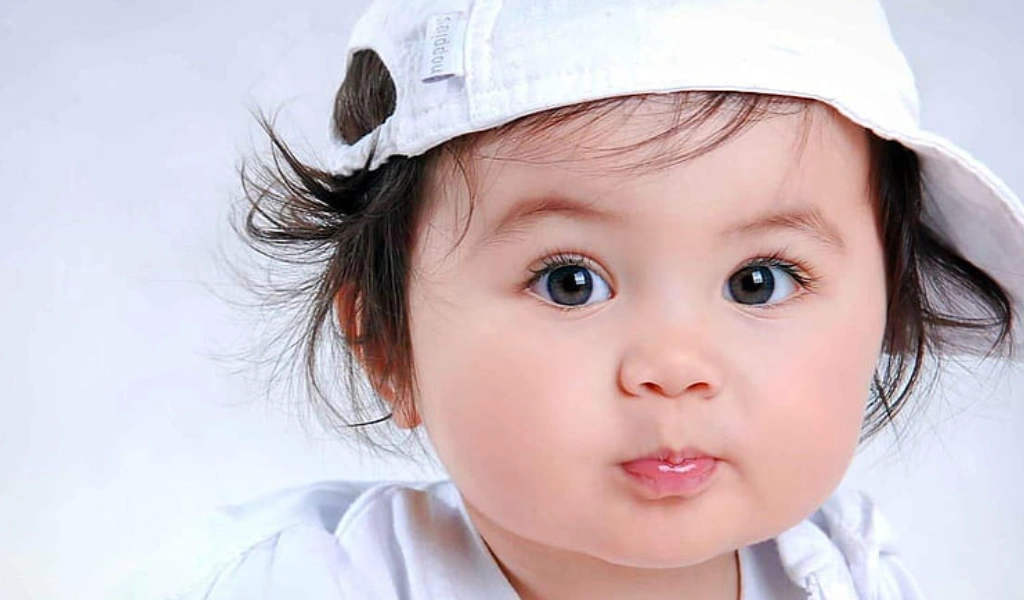Monitoring your menstrual and fertile cycles can aid in scheduling your pregnancy. Most couples are not aware of when is the best time to get pregnant.
Providing a definitive answer to this inquiry of the ‘best time to get pregnant‘ is quite challenging as it varies depending on the individual and their partner. If your goal is to get pregnant and start a family, it is crucial to be knowledgeable about your ovulation cycle and reproductive well-being. This information will help determine the most suitable period to pursue a successful pregnancy.
According to research findings, these recommendations for getting pregnant can be implemented to enhance your chances in terms of sexual experiences and subsequently having a pregnancy.
- Engage in sexual intercourse daily, provided that your partner has a high sperm count.
- Frequently engage in sexual intercourse during your highest fertility period, usually lasting for about four days.
- Engage in sexual intercourse on the day of ovulation and two days before.
If you have the desire to learn more about getting pregnant, continue reading this article on ‘best time to get pregnant‘.
In this article exploring the best time to get pregnant, we will provide you with comprehensive information about the process of getting pregnant, which includes various factors that influence the likelihood of pregnancy, techniques to improve fertility, and strategies for determining the optimal timing of intercourse resulting into a successful pregnancy.
When Is The Best Time To Get Pregnant?
Engaging in sexual activity within the six-day fertile period, which includes the five days leading up to ovulation and the day of ovulation itself, greatly increases the chances of achieving pregnancy.1
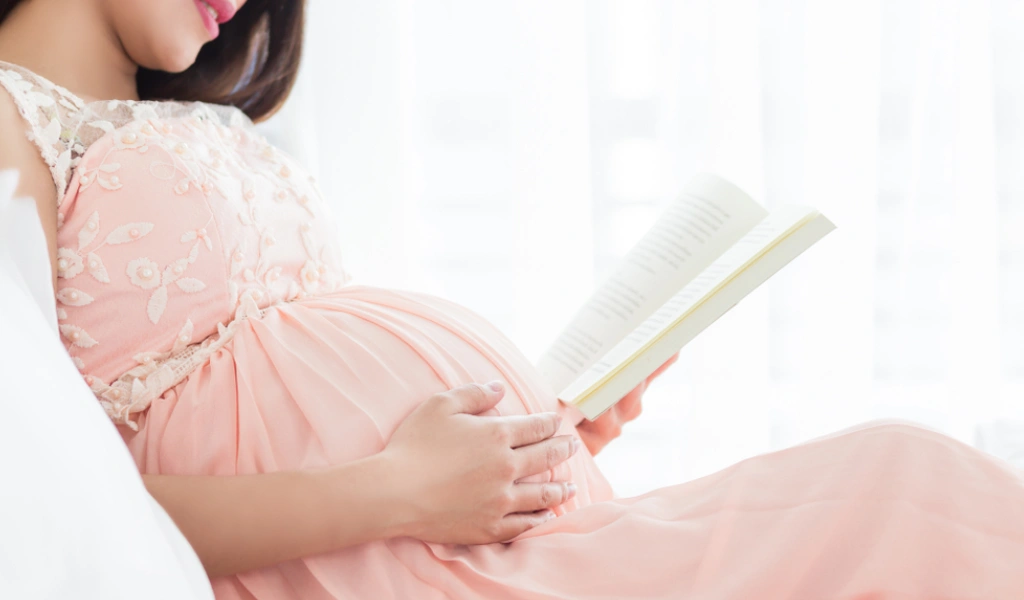
Let’s now explore how engaging in sexual intercourse while ovulating can assist in achieving conception.
Fertile period
While sperm can last in the female reproductive system for up to five days, the window of fertility for an egg is much shorter, ranging from 12 to 24 hours. As a result, successful fertilization must occur within this limited time frame for pregnancy to take place.
In addition to this, newly ejaculated sperm is unable to fertilize the egg until it undergoes a process called capacitation2, which involves a series of changes within the female reproductive system that enhance the sperm’s mobility and ability to penetrate the egg. This process typically takes around 10 hours.
Hence, the five days preceding ovulation play a significant role in allowing the sperm to fertilize the egg. The crucial factor for getting pregnant is to have a fully developed sperm prepared to fertilize the egg.
Is the timing of ovulation optimal for achieving pregnancy?
Many people believe that the most favorable day for getting pregnant is the day of ovulation. Scientists have examined the correlation between the timing of sexual intercourse and ovulation to determine the most fertile days for women to get pregnant.
However, according to a study published in the Journal of Reproductive Medicine, the day of ovulation is not necessarily the most ideal day for conception. Consequently, the question arises, when is the best time to get pregnant for me if not on the day of my ovulation?
1. Engaging in sexual activity the day before ovulation
Compared to the day of ovulation, the day before ovulation is considered more favorable for successful pregnancy. The main reason behind this is that during this time, the sperm has ample opportunity to go through the capacitation process, making it more mature and capable of successfully fertilizing the egg.

2. Sexual intercourse occurring two days before ovulation
Pregnancy is more probable when sexual intercourse happens two days before ovulation rather than just one day before. Therefore, the two-day window before ovulation is considered an ideal time for conceiving.
3. Engaging in sexual intercourse three to four days before ovulation
Engaging in sexual activity three to four days before ovulation increases the likelihood of getting pregnant as opposed to having intercourse on the actual day of ovulation.
4. Engaging in sexual intercourse five days before ovulation
The initial day of the fertile period is also suitable, although it is not as efficient as the subsequent four days leading up to ovulation. To put it succinctly, the most fertile days of your menstrual cycle are two days before ovulation and the day after ovulation. You can utilize the ovulation calculator to identify your fertile period.
If your menstrual cycle spans over 28 days, ovulation typically occurs on the 14th day, presenting the optimal window for pregnancy to take place either before or following your subsequent period.
Nevertheless, in the case of a shorter menstrual cycle lasting 21 days, ovulation will occur on the seventh day.
In contrast, in cases where the length of your menstrual cycle extends to 35 days, the occurrence of ovulation would take place on the 21st day of the cycle.
If there is inconsistency in your monthly menstrual cycle, it would consequently lead to variability in your fertile window as well. Consequently, it is recommended to engage in sexual intercourse at intervals of two to three days throughout the menstrual cycle, as this approach proves more fruitful than solely targeting ovulation days. Furthermore, maintaining regular sexual activity enhances sperm quality.
How can one ascertain their ovulation patterns?
Sometimes, one can discern the occurrence of ovulation, while on other occasions it may go undetected. Familiarize yourself with your body and meticulously monitor your menstrual cycle over a few months. The optimal period for fertility lies within the timeframe where certain indications are sought, including the below.
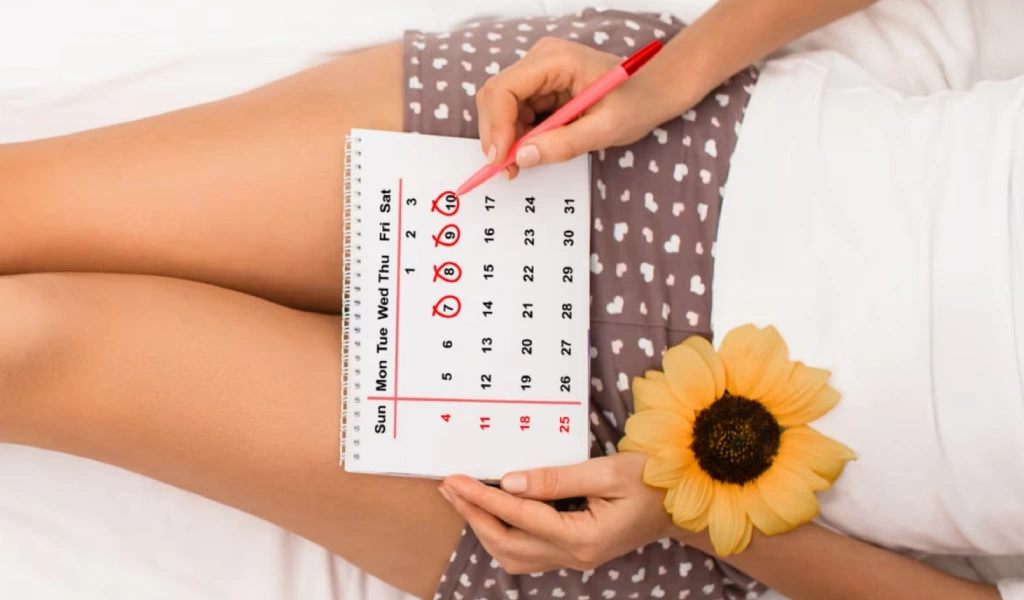
- The consistency of vaginal mucus transforms to become more fluid, elastic, translucent, and lubricating.
- A subtle sensation of unease is experienced on a single side of the abdominal region, commonly referred to as mittelschmerz.
- Monitoring basal body temperature (BBT) can facilitate the identification of a rise in temperature occurring shortly after the completion of a menstrual period. This can be achieved by consistently recording temperatures upon waking up each morning. By tracking BBT, one can discern a notable increase occurring approximately one day after the process of ovulation. The accumulation of BBT data over several menstrual cycles provides valuable insight into discernible patterns.
- During the fertile phase, there is a softening and slight opening of the cervix.
Does the presence of irregular menstrual cycles have an impact on one’s ability to get pregnant?
In an ideal scenario, women typically experience menstruation twelve times within twelve months. Nevertheless, there are instances where some women may have a reduced frequency or even skip certain months altogether.
Factors such as sudden fluctuations in weight, either gaining or losing, heightened stress levels, intense physical activities, thyroid irregularities, the presence of polycystic ovarian syndrome (PCOS), and dysfunction in the ovaries can all contribute to disruptions in the menstrual cycle. The greater the unpredictability of your menstrual cycles, the more challenging it becomes to accurately determine the timing of ovulation.
Nevertheless, it is still possible to attempt forecasting to discern the most favorable days, or even specific dates, for conception.
1. Look for changes in the fertile cervical mucus, commonly referred to as vaginal discharge
Have sexual intercourse when you notice two consecutive days of slippery and stretchy mucus. Alternatively, have regular intercourse throughout your menstrual cycle.3
2. Any ovulation predictor kits can help in identifying the ovulation period
These tests give positive results when there is an increase in luteinizing hormone (LH), which triggers the release of the egg. Typically, this LH surge occurs 24-48 hours before ovulation. The three days following the LH surge are the most fertile days for getting pregnant. Therefore, it is recommended to have sexual intercourse daily during these three to four days.
3. To determine your fertile days, keep track of your menstrual cycle for at least eight months
Identify the shortest cycle and subtract 18 from the total duration (e.g., 25-day cycle minus 18), and subtract 11 from the longest cycle (e.g., 35-day cycle minus 11). The resulting range (day 7 to day 24) will indicate your most fertile days for achieving pregnancy. If your menstrual periods are consistently irregular, it can be challenging to track fertility and you should promptly consult your healthcare provider.4
Additionally, it is important to let your doctor know if you have used any forms of assisted contraception before conceiving as this may impact family planning that has been postponed.
What are the various elements that can influence your likelihood of getting pregnant?
Certain factors may cause a delay in your pregnancy, regardless of the efforts you have made.
1. The opportunities become limited as you get older
A woman’s fertility starts to decrease once she reaches her early 30s. While some women can still conceive easily during their 30s, the ability to get pregnant becomes significantly more difficult after the age of 35 due to changes in the ovaries and eggs.
The connection between age and the ability to have children is clear, as a man’s fertility decreases as he gets older. As he grows older, both the amount of sperm and sexual abilities typically decrease.
However, men can improve their sex drive by following a specific diet rich in zinc, selenium, and vitamin E, maintaining a healthy weight, and avoiding tobacco and alcohol. The World Health Organization (WHO) states that about one in six people of reproductive age experience infertility globally.
2. Lifestyle has an impact
Factors related to the way you live, such as smoking, alcohol consumption, abnormal weight, and stress, have the potential to impact your ability to conceive. Additionally, certain medications and vaginal lubricants might hinder your chances of getting pregnant.

Hence, it is recommended that you seek guidance from a medical professional before using any of these substances.
3. Engage in sexual activities regularly
Persistence plays a pivotal role in attaining the desired outcomes. If you aim to conceive a child, it is imperative to participate in consistent sexual intercourse. Engaging in intimate activities every two to three days enhances the chances of successful fertilization of the egg by sperm. Regular ovulation further facilitates the possibility of conception.
On the other hand, if sexual intercourse is infrequent, the likelihood of getting pregnant decreases.
4. Have mental equilibrium
Enjoy every activity you engage in and stay self-assured. Working excessively, being stressed, being overweight, and feeling frustrated can diminish your likelihood of conceiving. Therefore, it is important to adopt a well-balanced approach to your life by effectively managing stress and incorporating sufficient rest.
Suggestions for Enhancing Fertility
- To enhance your fertility, it is essential to consume well-balanced diets that provide appropriate nutrition.

- Experience sexual pleasure. Engaging in calculations for the fertile window and monitoring basal body temperature can dampen the romance in your relationship. Consequently, the focus shifts from pleasure to solely conceiving a child.
- Ensure that there exists a strong emotional connection between you and your partner. The greater this bond, the greater your likelihood of getting pregnant.
- Engage in moderate physical activity to promote fertility. A well-functioning body generates the necessary hormones to enhance reproductive health. The essential factor is to sustain an optimal hormonal equilibrium.
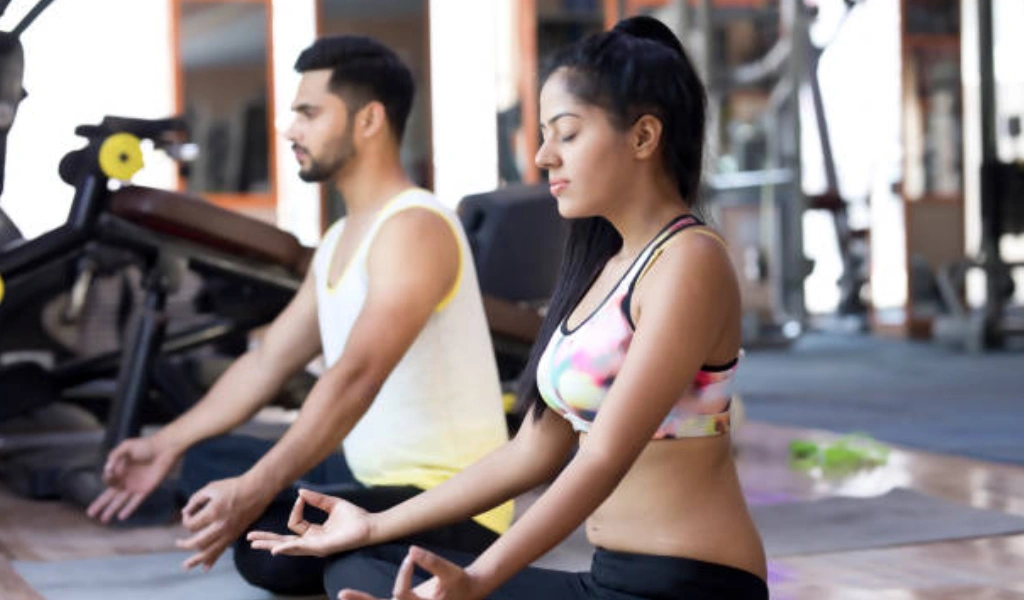
- Give importance to your preconception health by reducing obesity. Being overweight is extremely unhealthy and impacts fertility negatively.
Key Takeaways of ‘When Is The Best Time To Get Pregnant?’
- Engaging in sexual activity within the six-day fertile period enhances the likelihood of getting pregnant.
- The occurrence of ovulation in a menstrual cycle is dependent on the duration of the cycle and the consistency of periods.
- Signs of ovulation comprise thin, elastic, transparent, and lubricative vaginal mucus, an increase in basal body temperature, a softer cervix, and slight abdominal discomfort.
- For irregular menstrual cycles, one can gauge ovulation by monitoring changes in mucus, utilizing ovulation kits, and recording menstrual cycles for eight months.
- Factors such as age, lifestyle, frequency of sexual intercourse, and mental well-being can impact the chances of getting pregnant.

